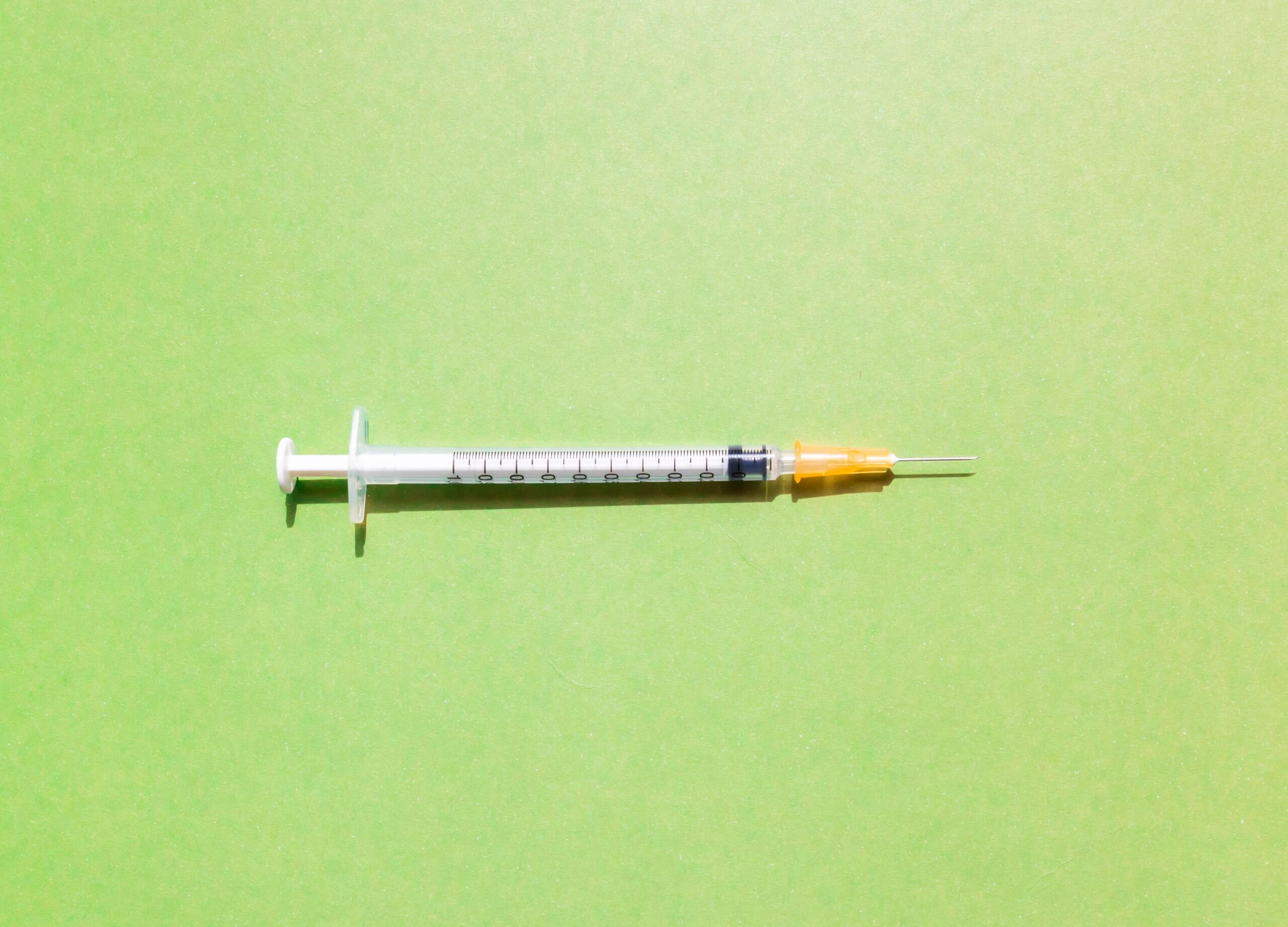The FDA has assigned its highest risk level, advising: “This device may cause serious injury or death if you continue to use it.”

A Widely Used Syringe Has Been Recalled Nationwide by a Major Healthcare Company

Syringes aren’t just for diabetic patients who need to self-administer insulin. In addition to the clinical and pharmacy setting, patients use them at home for IVF, pet insulin, allergy management, and more.
That’s why the U.S. Food and Drug Administration (FDA) has issued an important advisory with a few details the agency is highlighting with critical caution. The issue first came to light last September, when Cardinal Health, Inc. sent a letter to healthcare providers and consumers warning that their Monoject U-100 1 mL Insulin Syringe Luer-Lock with Tip Cap Soft Pack had been recalled.
Most commonly, these syringes are widely used to administer insulin under the skin in the treatment of diabetes, but they may be utilized for other medical purposes as well. According to a study published in Journal of Diabetes Science and Technology, which cites data collected by the Coalition for Safe Community Needle Disposal, it is estimated that there are over 7.5 billion syringes used in households yearly. The researchers add that those numbers are increasing, and that individuals with diabetes are considered the largest user group.
That study further notes that one in 12 households in the U.S. use syringes for treatment of “diabetes, migraines, allergies, infertility, arthritis, HIV, hepatitis, multiple sclerosis, osteoporosis, psoriasis, or other conditions.” Given this wide range of potential uses, it is possible that patients with conditions other than diabetes could be affected by Cardinal’s recall.
While the FDA’s safety notice doesn’t appear to note a quantity of syringes recalled, the agency explains that the recall was initiated when it was discovered that the syringes are incompatible with needleless IV connectors. “If the affected device is used to administer IV push insulin through a needleless connector, it may increase the risk that the patient may not receive the full dose of insulin because not all the medication will leave the syringe,” the health authority warns.
The recall has now been designated as a Class I incident, denoting the highest risk level issued by the FDA. “This device may cause serious injury or death if you continue to use it,” the FDA’s notice warns.
In particular, the FDA says that use of this product can cause high or low blood sugar, as well as a condition known as diabetic ketoacidosis, in which fat breaks down too fast in the body.
Cardinal Health, Inc., headquartered in Dublin, OH, is a healthcare services and products company, which produces medical products and pharmaceuticals for hospitals, healthcare systems, pharmacies, ambulatory surgery centers, clinical laboratories and physician offices. The company is considered one of the largest vendors in healthcare, with a market cap of $30.31 billion, Yahoo! Finance reports.
Healthcare providers and consumers can identify the affected products using the product code, unique device identifier, lot numbers, and images of the product, which are available on the FDA’s recall notice. Those codes are as follow:
- Product Code: 1199100777
- Unique Device Identifier (UDI):
- (01)10192253034783 (EA)
- (01)20192253034780 (BX)
- (01)50192253034781 (CS)
- Lot Numbers:
- 221201
- 230201
- 230202
At the time of the FDA’s announcement, there have been no reported injuries and no reports of death. However, consumers who may have the needles in their possession should not use the affected products. Healthcare providers are urged to review their inventory for the defective syringes, post a safety notice anywhere the product may be stored, and notify any patients who may have received the products of their danger.
Those with questions about this recall should contact the appropriate department at Cardinal Health:
- Hospital: 1-800-964-5227
- Distributor: 1-800-635-6021
- All others questions: 1-888-444-5440
Health care professionals and consumers may also report adverse reactions or quality problems to MedWatch: The FDA Safety Information and Adverse Event Reporting Program.
Get health news you need daily from The Healthy by Reader’s Digest newsletter and follow The Healthy on Facebook and Instagram. Keep reading:




















